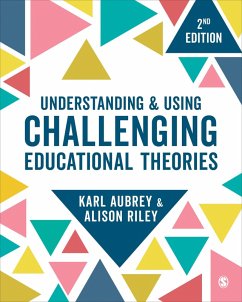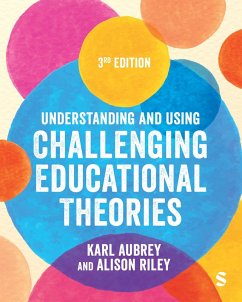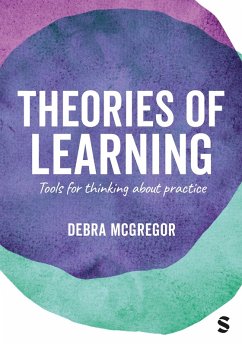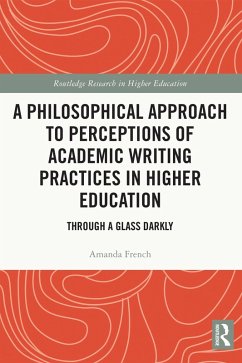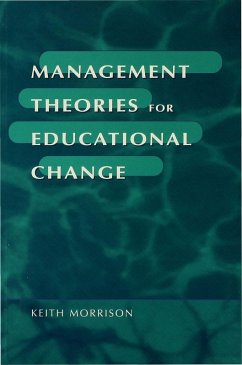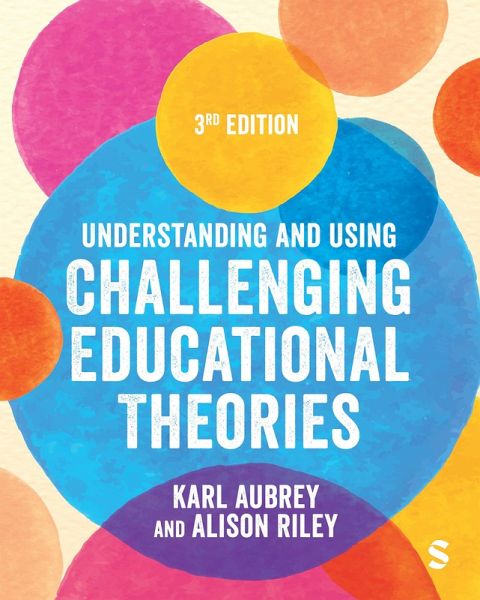
Understanding and Using Challenging Educational Theories (eBook, ePUB)
Sofort per Download lieferbar
24,95 €
inkl. MwSt.
Weitere Ausgaben:

PAYBACK Punkte
12 °P sammeln!
Introducing: 20 key educational thinkers who have offered challenging perspectives on education Exploring: Their ideas, how to apply them in practice and their relevance to teaching and learning today. Understanding: The strengths and limitations of each theory and links to other concepts. This third edition includes: Two new chapters on the works of Diane Ravitch and Gloria Ladson-Billings Revamped reflective tasks with a greater practical focus for the classroom Fully updated chapters with links to current educational socio-political developments, and expanded critical commentary This is a...
Introducing: 20 key educational thinkers who have offered challenging perspectives on education
Exploring: Their ideas, how to apply them in practice and their relevance to teaching and learning today.
Understanding: The strengths and limitations of each theory and links to other concepts.
This third edition includes:
Karl Aubrey has recently retired from his post at Bishop Grosseteste University.
Alison Riley is the Programme Leader for the BA Early Childhood Studies at Bishop Grosseteste University.
The perfect companion to Aubrey & Riley: Understanding and Using Educational Theories 3e (9781529761306).
Exploring: Their ideas, how to apply them in practice and their relevance to teaching and learning today.
Understanding: The strengths and limitations of each theory and links to other concepts.
This third edition includes:
- Two new chapters on the works of Diane Ravitch and Gloria Ladson-Billings
- Revamped reflective tasks with a greater practical focus for the classroom
- Fully updated chapters with links to current educational socio-political developments, and expanded critical commentary
Karl Aubrey has recently retired from his post at Bishop Grosseteste University.
Alison Riley is the Programme Leader for the BA Early Childhood Studies at Bishop Grosseteste University.
The perfect companion to Aubrey & Riley: Understanding and Using Educational Theories 3e (9781529761306).
Dieser Download kann aus rechtlichen Gründen nur mit Rechnungsadresse in A, D ausgeliefert werden.





